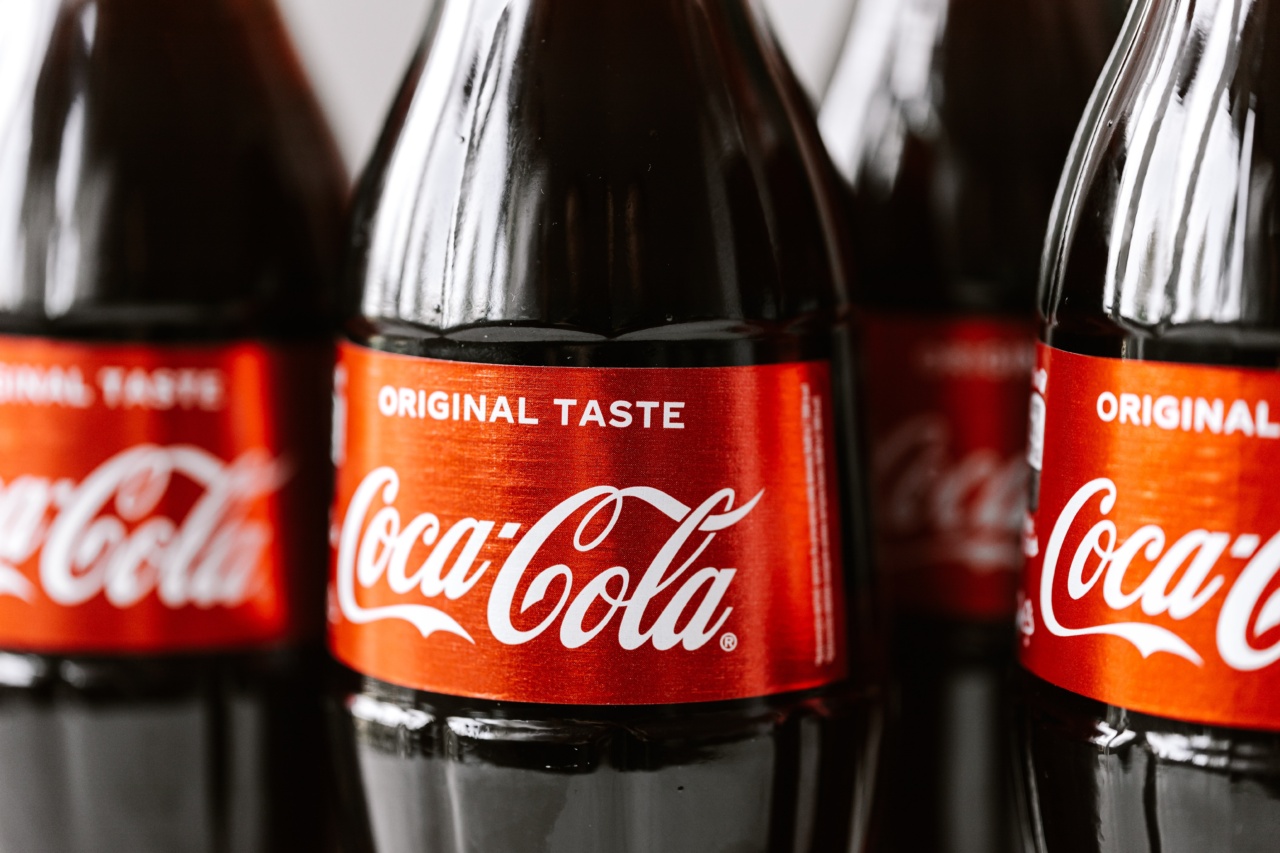Coca-Cola, one of the most popular soft drink brands around the world, is renowned for its iconic taste.
However, with increasing awareness about the importance of healthy living, the brand has also been working on reducing the calorie count in its drinks. In this article, we explore how Coca-Cola has managed to maintain its great taste while cutting down on calories.
Calorie reduction efforts by Coca-Cola
Coca-Cola was one of the first beverage companies to recognize the importance of reducing calorie levels in its drinks. In 2013, the company launched a campaign to educate consumers on the importance of healthy and active lifestyles.
It also introduced smaller cans, redesigned packaging with calorie information, and launched low and no-calorie versions of its classic Coke formula.
One of the ways Coca-Cola reduced the calorie count was by using sugar substitutes like aspartame and acesulfame potassium. These sweeteners have zero calories and do not affect blood sugar levels.
The company also experimented with natural sweeteners like stevia and erythritol, which have very few calories and are derived from plants.
Another strategy was to reduce the portion sizes. Smaller cans with lower calories were introduced, which helped in the control of calorie intake. These cans are now available in different sizes and are marketed as “portion control” drinks.
The same great taste, fewer calories
One of the major concerns for Coca-Cola while reducing calories was to maintain the same great taste of its classic soda.
Taste is the main reason why consumers purchase Coke, and no one wants to compromise on the flavor even if it means cutting down on calories.
Coca-Cola experimented with different sweeteners and flavors to find the perfect formula that retained the taste while reducing the calorie count. The final product, launched in 1982, was named Diet Coke.
It was a major success, and its popularity led Coca-Cola to develop other low and no-calorie drinks like Coke Zero, Sprite Zero, and Fanta Zero.
These drinks successfully replicated the taste of their full-calorie counterparts. They provide consumers with the same satisfaction and experience, without the guilt of consuming excess sugar and calories.
Maintaining health concerns while drinking Coca-Cola
Coca-Cola’s calorie reduction efforts reflect the growing awareness about the importance of a healthy lifestyle. Consumers are keen to watch what they eat and drink, and want to make more informed choices.
The company’s efforts to offer low and no-calorie drinks have given consumers more options to choose from, and this has helped in reducing calorie intake.
However, it is important to understand that consuming low or no-calorie drinks alone does not guarantee a healthy lifestyle. Regular physical exercise, a balanced diet, and other lifestyle changes are equally important.
Coca-Cola’s calorie reduction efforts are just one step towards a healthier life, but they are a positive move in the right direction.
The impact of the calorie reduction campaign
Coca-Cola’s calorie reduction campaign has had a significant impact on reducing the calorie intake of people. The sales of low or no-calorie drinks have increased considerably, and they have become more popular than the full-calorie counterparts.
Consumers who want to maintain a healthy lifestyle have more options to choose from, and this has encouraged them to consume these drinks instead of sugary beverages.
Moreover, Coca-Cola has set a good example for other beverage companies. In recent years, many other companies have followed in Coca-Cola’s footsteps and introduced low or no-calorie versions of their drinks.
This has led to a healthier beverage market, providing consumers with more choices that suit their lifestyles.
Final Thoughts
Coca-Cola’s calorie reduction efforts prove that a brand can maintain its iconic taste while reducing the calorie count by using alternative ingredients like sweeteners.
With more and more people focusing on healthy living, these efforts are essential for beverage companies like Coca-Cola to survive and stay relevant in the changing market. By providing consumers with drinks that have fewer calories and the same great taste, Coca-Cola has set an example for the industry.































